Had a discussion with a friend about this. Ended up writing a long-ass post and thought someone might like it here.
Financial empires undergo short and long term debt cycles. During these cycles, the economy expands or contracts based on the supply demand of goods and the availability of credit or presence of debt.
At the beginning of an empire's long term debt cycle, money starts off as a hard asset (gold has proven to be the #1 asset in this regard). This is because a strong flourishing economy needs to be based on a monetary system that cannot easily be inflated through quantitative easing.
Gold fulfills this role because it possesses a lot of properties conducive to it being a monetary premium. It's portable, easily divisible, durable, pretty salable etc. but most importantly, it's scarce.
Gold's scarcity comes from the fact that it's flow rate (the rate at which new gold is mined) is extremely consistent and low, at around 1-2% a year. As such, it trumps other historical forms of money such as beads, seashells, salt, because there comes a point where the supply of these currencies can be inflated dramatically (and of course people are highly incentivised to do this) leading to currency debasement.
This is why gold has remained in use across different societies for millennia, as opposed to other forms of money which have died out relatively fast.
Now we can argue on some level that gold is intrinsically valuable. The scarcity is what drives the value. If we do not stop here we suffer infinite regress.
Now compare cryptocurrencies to gold.
Crypto satisfies all the criteria for money just like gold does, like fungibility, divisibility, portability, salability.
And like gold, it is highly scarce. The supply has been programmatically predetermined to be only 21 million bitcoin, with the final fraction of bitcoin to be mined in 2140.
Theoretically, this means if demand increases, and supply is extremely slow to increase and will eventually cease entirely, then it makes owning even 1 bitcoin highly valuable in a world where stock is scarce. Of course, it's only valuable if demand is still present. And that's a big if.
And so theoretically, bitcoin is a great store of value as long as demand holds. Now let's talk about the other function of money - as a medium of exchange.
You mentioned volatility. BTC for sure sucks ass as a medium of exchange right now. Why would you buy something with BTC now when the value could skyrocket or fall?
But volatility is a feature of assets with low market capitalisations. As if now, the market cap of the entire cryptocurrency market is only ~$1 trillion. Compare that with gold which has a market cap of ~$13 trillion, or the US equity markets which has ~$42 trillion. As we see the market cap increase, we should see a proportionate increase in price stability.
You mention that people are predicting something like $64k/btc by 2024. They're saying this because of something called Bitcoin Halvings (or halvenings).
Every 4 years, the issuance rate of newly mined BTC is halved, causing a supply shock at around 8 months after the halving. As more demand for btc increases, and supply flow decreases, making it more scarce. The price begins to rise, causing more investors to enter the space, which makes the price even more, thus creating a positive feedback loop.
This is why historically bitcoin bubbles have run on a 4 year cycle. We saw the price skyrocket in 2013, 2017, 2021. And so to follow the trajectory, 2025 should be the next time we see parabolic price action.
Of course we don't know how much of this is just narrative driving the cycles. People seem so certain now of these trends that it seems to be priced in. Would it shock me if 2025 came and nothing happened? I'd find it interesting for sure but wouldn't faze me.
What would faze me is if the technology behind bitcoin is corrupted to the extent that the decentralised ledger ceases to function. This would be the only thing to make me lose faith in cryptocurrency. To me, the value behind BTC is not its price. It's value is it's ability to produce incorruptible records of value.
Will crypto make it through the crash?
There are rumours that the US financial system is coming to the end of a long-term debt cycle. All the signs age present. The US is in trillions of dollars of debt that cannot be paid off anytime soon. The money supply has been astronomically inflated, leading to a dramatic devaluing of the dollar and a cost-of-living crisis. Credit expansion is also being driven by banks which pre-pandemic operated on fractional-reserve banking, but now do no-reserve banking!
This all originated from Nixon nixing the Gold Standard in '71. Severing the tie to hard assets allows for fiat currency to create claims on money instead of actually holding money to transact. In a fiat system, all money is debt.
In the eventuality of the dollar collapsing (which could potentially be avoided in what Dalio calls a "beautiful deleveraging" in which debt burdens are reduced), liquidity would flow into other currencies and assets. Could it be crypto? Who knows.
Based on all the above I consider it sensible to have some of my portfolio in crypto. It's a possible hedge.
[link] [comments]

You can get bonuses upto $100 FREE BONUS when you:
💰 Install these recommended apps:
💲 SocialGood - 100% Crypto Back on Everyday Shopping
💲 xPortal - The DeFi For The Next Billion
💲 CryptoTab Browser - Lightweight, fast, and ready to mine!
💰 Register on these recommended exchanges:
🟡 Binance🟡 Bitfinex🟡 Bitmart🟡 Bittrex🟡 Bitget
🟡 CoinEx🟡 Crypto.com🟡 Gate.io🟡 Huobi🟡 Kucoin.
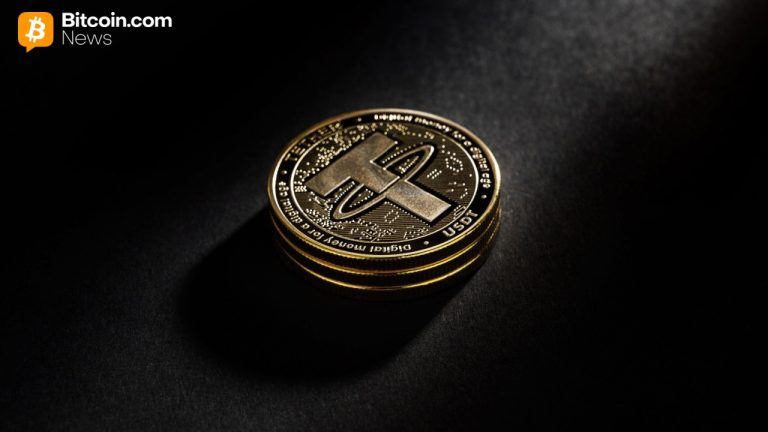
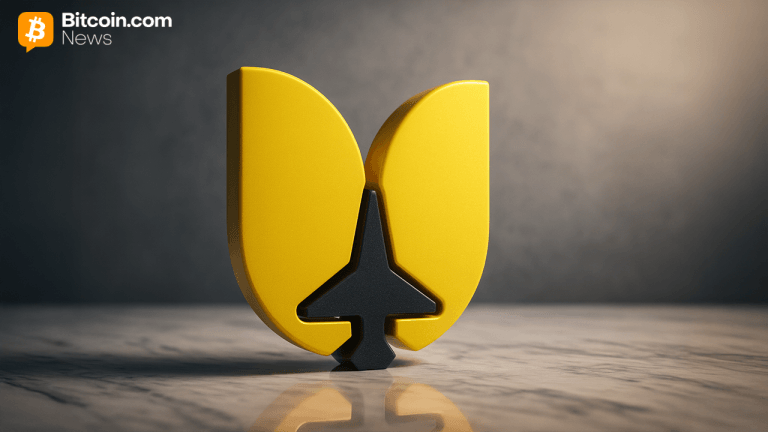

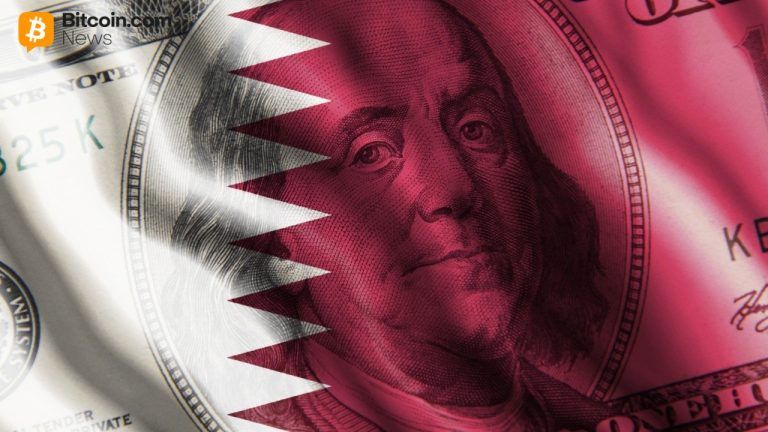



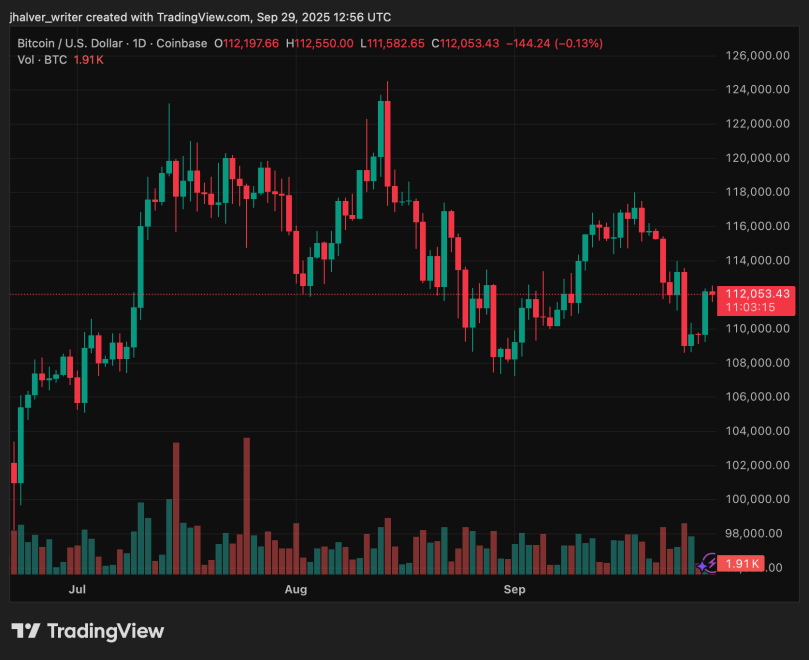
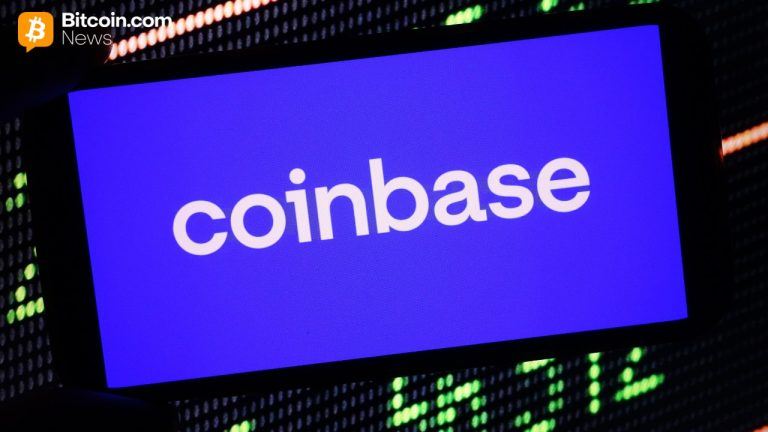
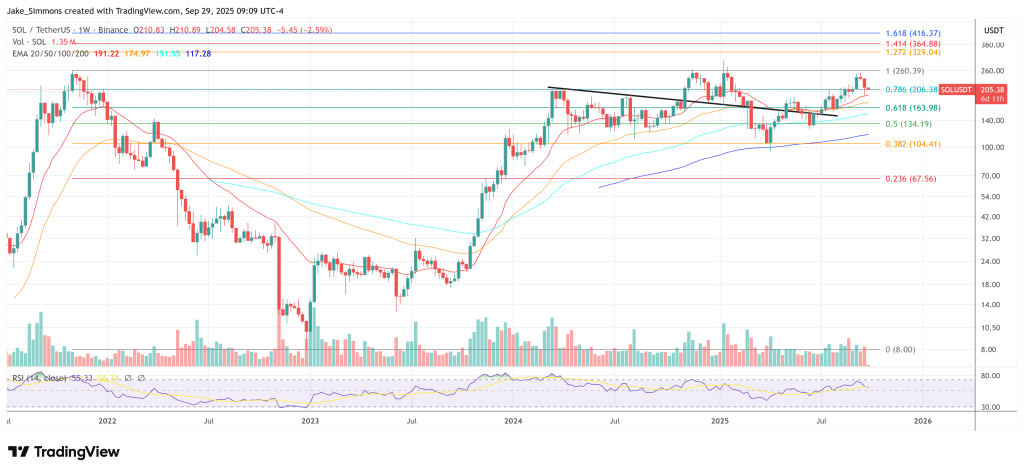
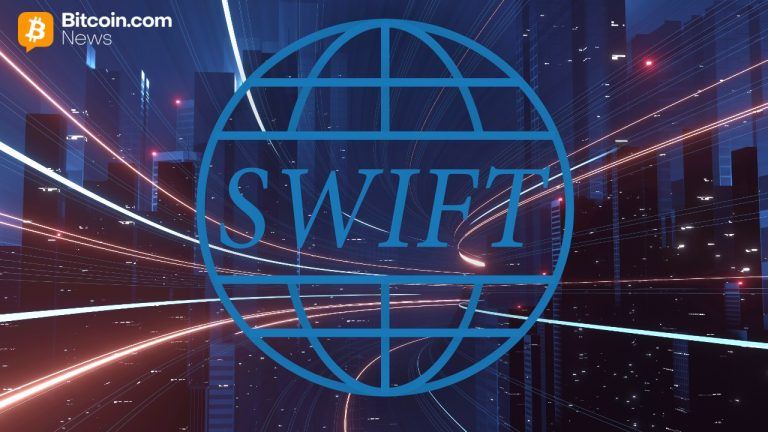
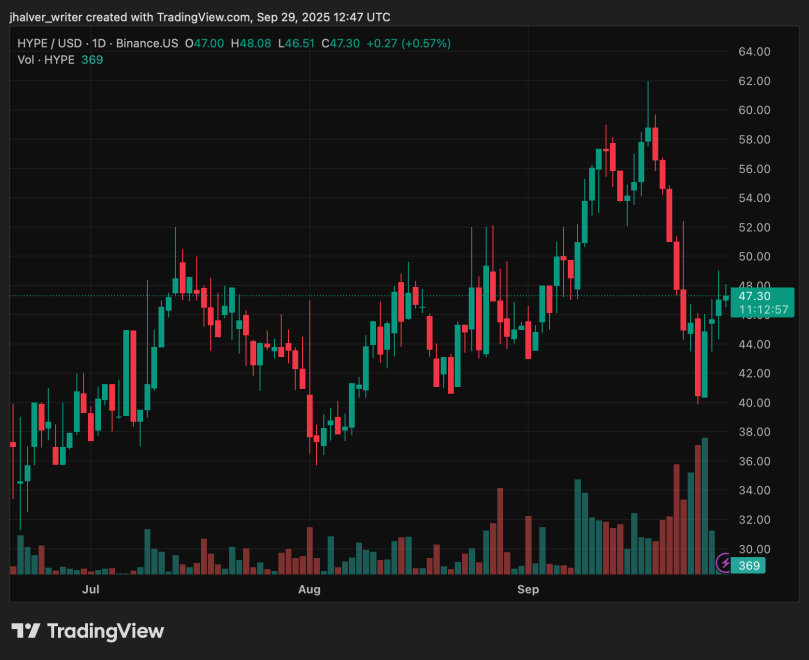
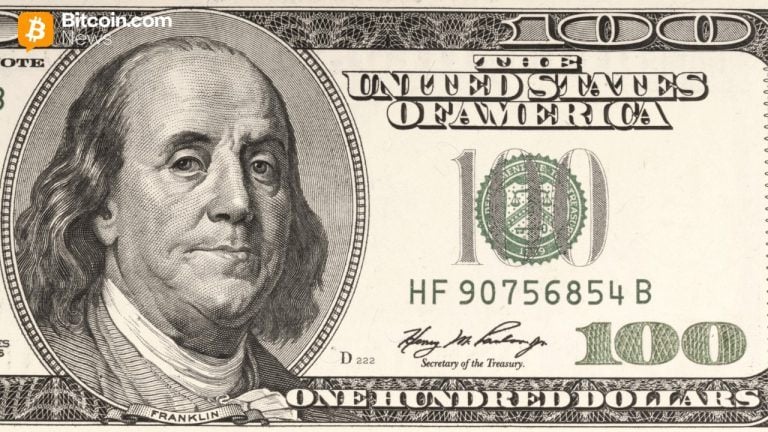
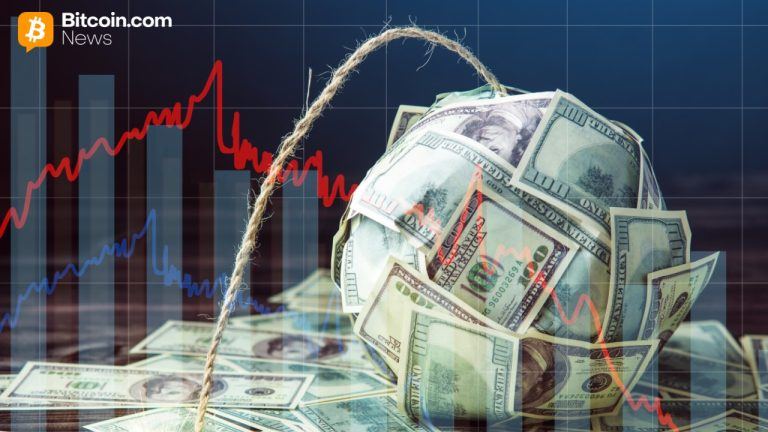
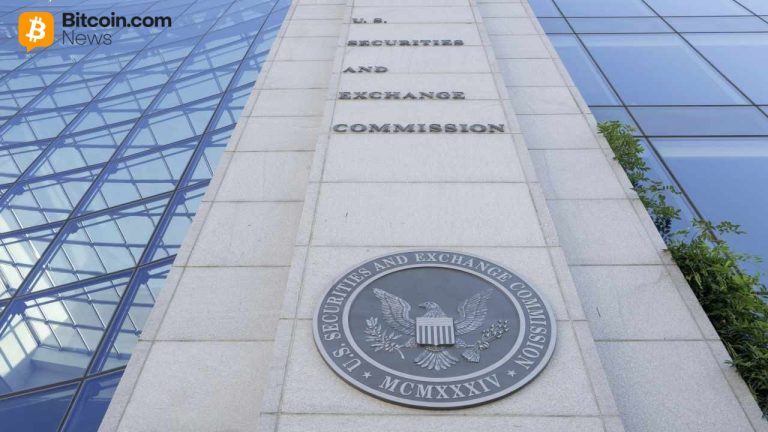
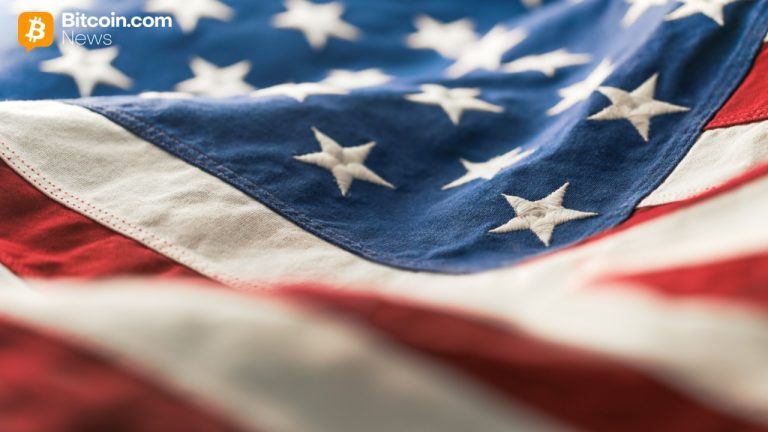
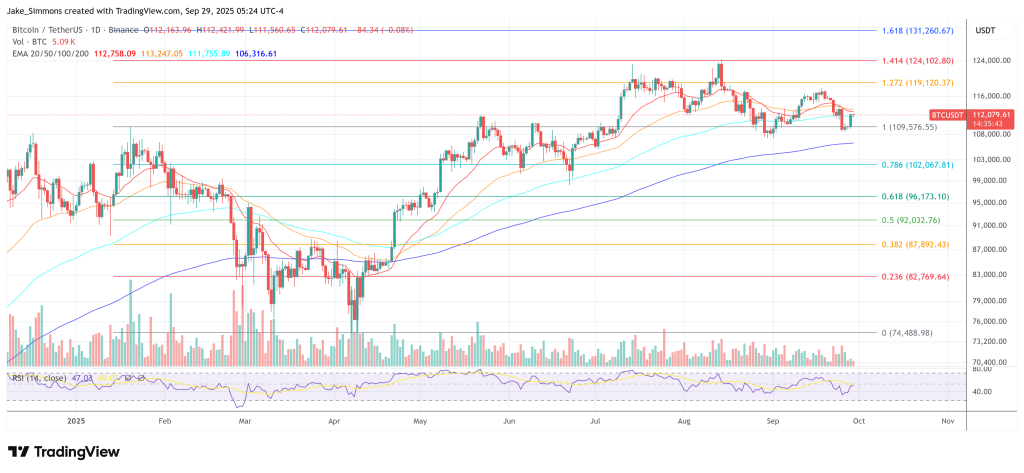


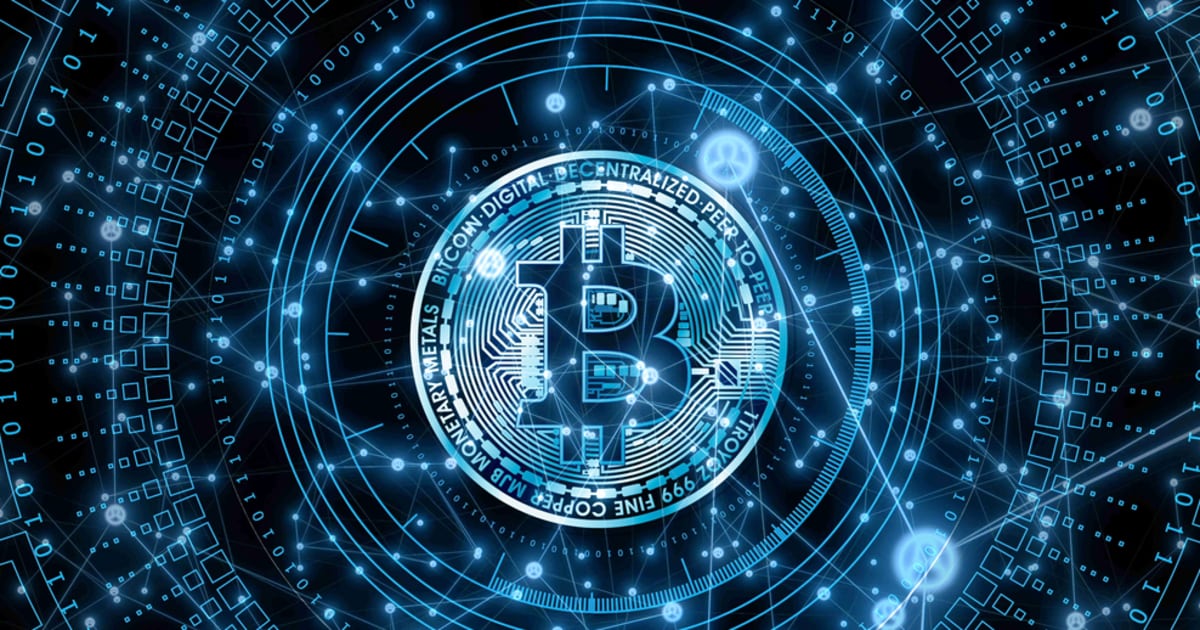
Comments